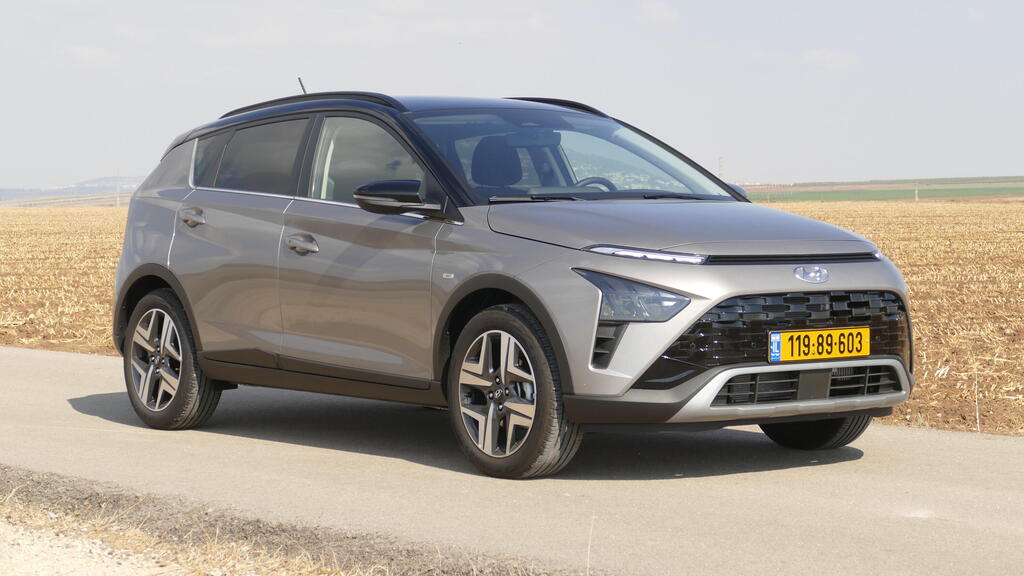Getting your Trinity Audio player ready...
A month after the Turkish Ministry of Trade imposed a sweeping customs directive prohibiting the import and export of goods to and from Israel, the local market is grappling with significant shortages. The halt in Turkish imports has left many car importers struggling to maintain inventory.
No viable solutions have emerged, such as importing through a third country or sourcing from other factories due to logistical difficulties. The impact on sales figures will be fully revealed on Monday when the Automotive Importers Association publishes its report for May.
Several popular models in the Israeli market are sourced from Turkey, including the Toyota Corolla and C-HR, Hyundai i10, i20 and Bayon, Renault Megane and Clio, and Ford Transit and trucks. Toyota has exhausted its inventory of the Corolla, its best-selling model, and only a few units of the C-HR remain. Hyundai is in a more dire situation, having depleted all inventory of models manufactured in Turkey over a month ago. Sources indicate that the embargo was announced a day before approximately 1,000 cars were to be loaded for shipment to Israel.
The embargo's effects are already evident, with Hyundai potentially losing its market lead to Kia. Turkish-produced models accounted for a third of Hyundai's deliveries in Israel during the first quarter. Since the start of the year, about 8,700 cars from Turkey have entered Israel, making it the fifth-largest export market to Israel and capturing an 8% share of the local market. Last year, 23,600 cars from Turkey were sold in Israel.
As the embargo deepens, car importers dependent on Turkish production will continue to face challenges, particularly Toyota and Hyundai, where the suspension of popular models is expected to significantly affect cash flows.
Beyond the immediate crisis for car importers, the success of the embargo sends a troubling message globally. The Israeli Foreign Ministry, led by Israel Katz, must intervene to formulate a strategy to prevent other countries from following Turkey's example.





